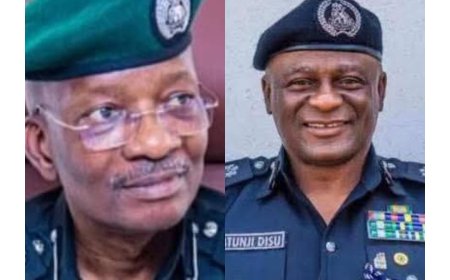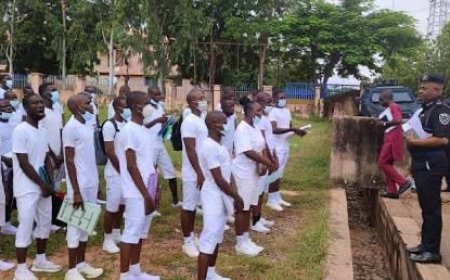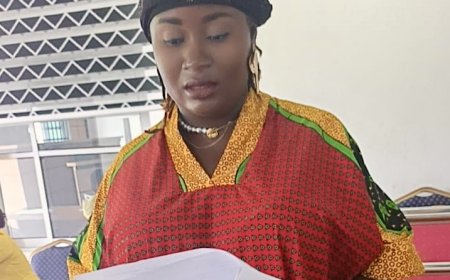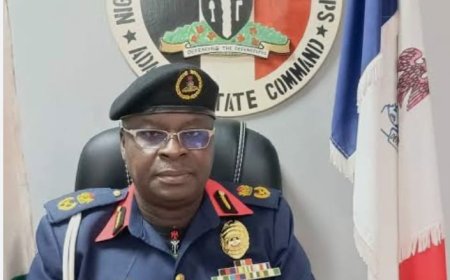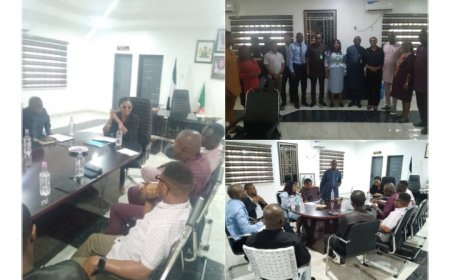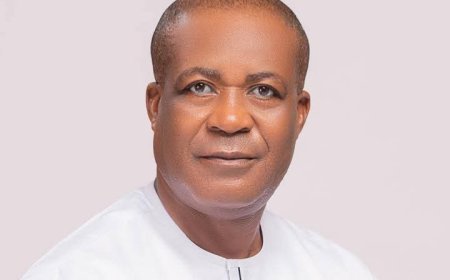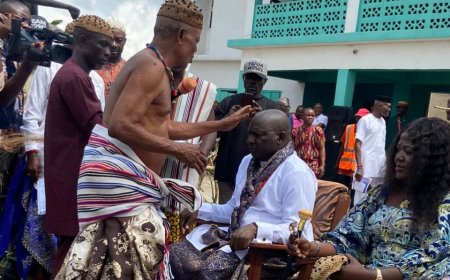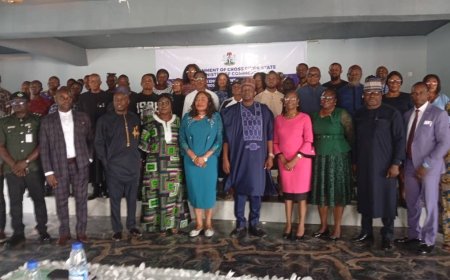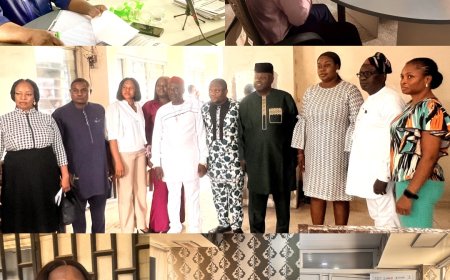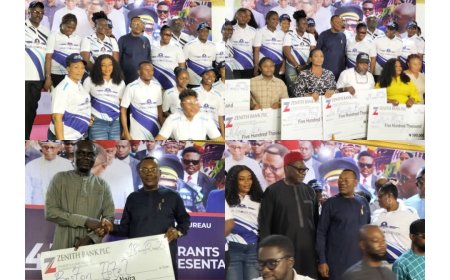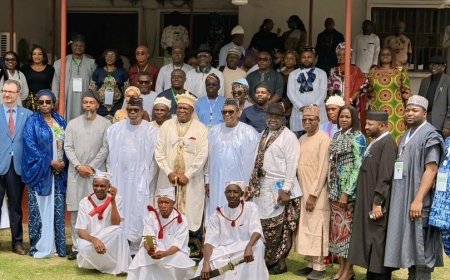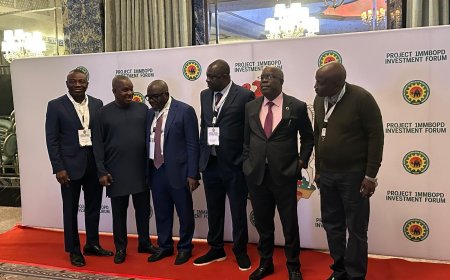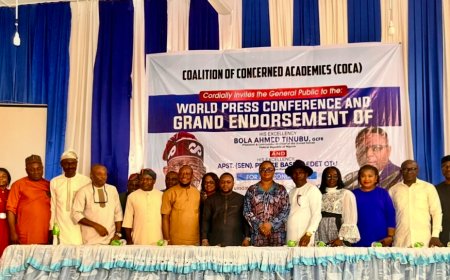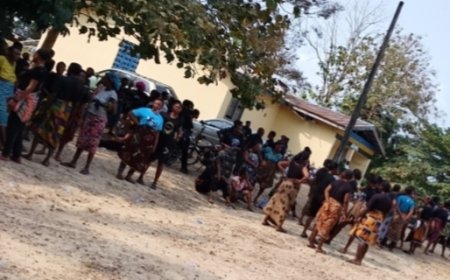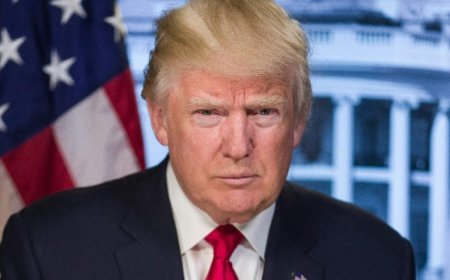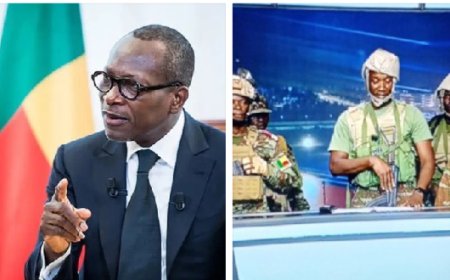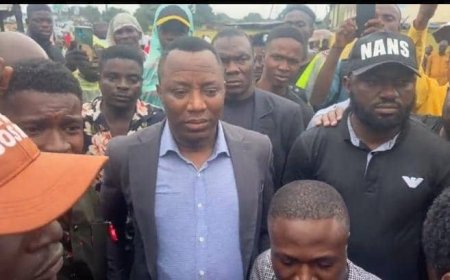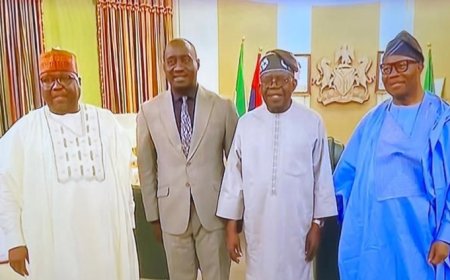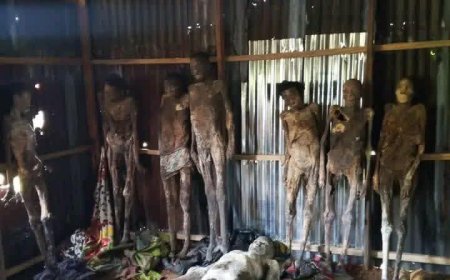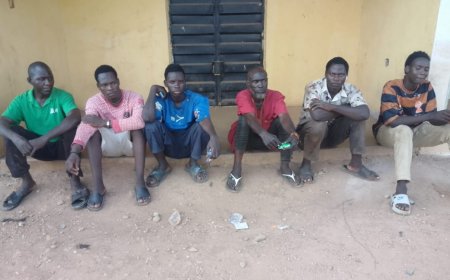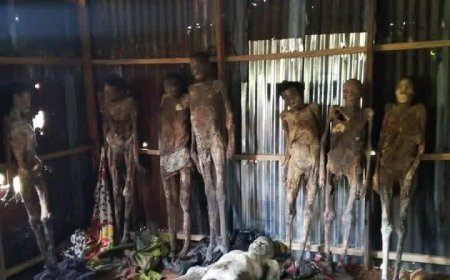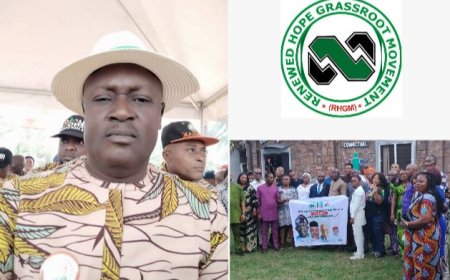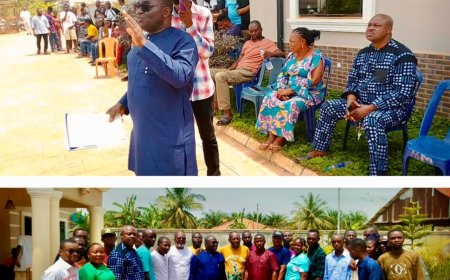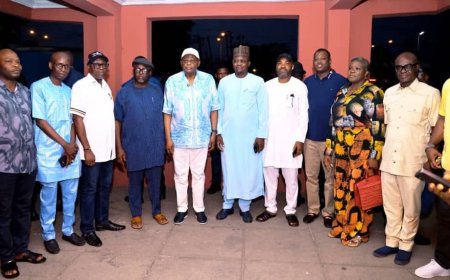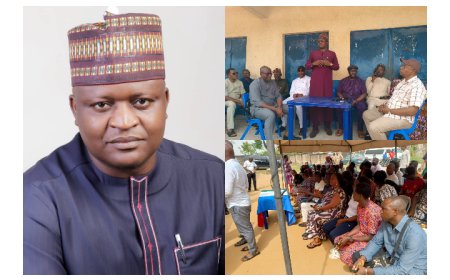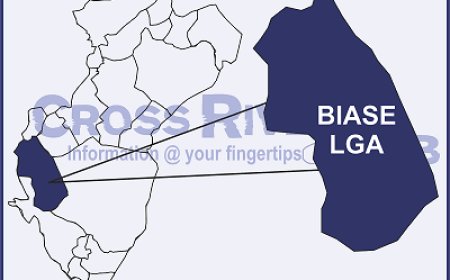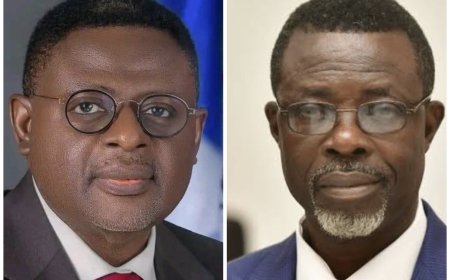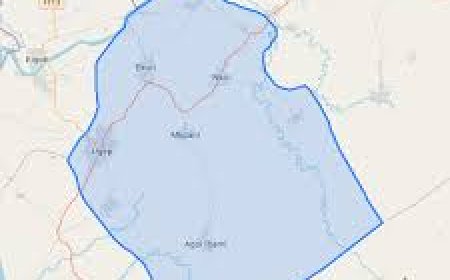FROM INDEPENDENCE TO INDECISION: NIGERIA AT 65
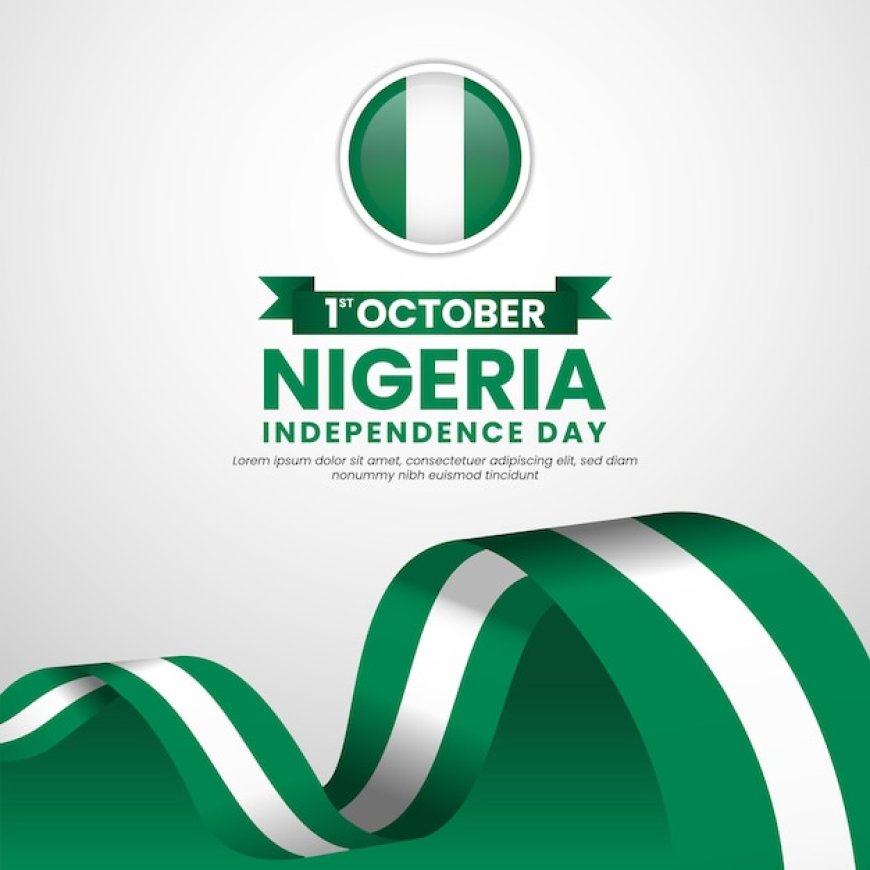
Anthony EKPO BASSEY
Sixty-five years ago, on the shimmering dawn of October 1st, 1960, the green-and-white banner of Nigeria fluttered proudly into the wind, a newborn giant of Africa stretching its limbs into the sun of sovereignty. Freed from the shackles of colonialism, the land of the Niger and Benue arose with the promise of a thousand harvests. Our founding fathers; Nnamdi Azikiwe, Obafemi Awolowo, Ahmadu Bello, Tafawa Balewa and others, stood tall as iroko trees, visionaries who dared to plant the seeds of nationhood in a soil watered with dreams and ancestral courage.
From those early years, Nigeria galloped with gusto. In agriculture, our land flowed with milk and honey, from the groundnut pyramids of Kano to the cocoa fields of the West and the palm oil wealth of the East. We fed ourselves and others, a nation whose soil knew the rhythm of rainfall and the hush of harvests. Yet, as time danced on, the allure of oil, a black gold discovered in Oloibiri, swept our gaze from the hoe to the derrick. The green fields began to brown with neglect, and food that once came from our backyards began arriving in foreign containers.
Still, the heart of Nigeria pulsed with the beat of resilience. In health, we once led the way. Our teaching hospitals in Ibadan and Lagos were reference points across Africa. Nigeria birthed renowned doctors, nurses, and midwives whose touch brought life and healing yet, the story took a sour turn. Once sanctuaries, our hospitals now, resemble sick bays. The brain drain has taken flight like birds in search of fairer skies, and our people, with heavy hearts and empty pockets, have turned to prayers for healing that science should provide.
But let us not be mere prophets of lamentation. For in the fields of sports, Nigeria has soared like the eagle she proudly bears on her crest. Who can forget 1996, when our Dream Team struck Olympic gold in Atlanta, defeating Brazil and Argentina in breathless fashion? Or the moment Nwankwo Kanu danced through defences with the grace of a gazelle? Or the unforgettable victories in the African Cup of Nations in 1980, 1994, and 2013, where green shirts glistened with sweat and glory? Yet, like a flute that sings both joy and sorrow, we have known bitter losses such as the World Cups where we were ousted too soon, finals we almost touched but never held.
In the face of victories and valleys, Nigeria has also been scourged by storms that shake the soul. The North East has wept under the tyranny of Boko Haram, whose bombs turned laughter into laments and classrooms into graves. Mothers search in vain for daughters snatched from Chibok and Dapchi. Bandits stalk our highways, kidnappers haunt our homes, and the land, once known for hospitality, sometimes tastes of blood. From Zamfara to Plateau, from Kaduna to Benue, too many have met death where life should bloom.
Yet, as an African proverb says, "However long the night, the dawn will break." Through it all, Nigeria has not been without men who steered the ship with a steady, if weary, hand. Chief Olusegun Obasanjo, twice at the helm, brought reforms that reset our economy, paid off debts, and planted the early seeds of telecoms and banking reforms. Umaru Musa Yar’Adua, gentle in spirit, was a quiet reformer who launched the Niger Delta amnesty and laid blueprints for power sector reform, though fate gave him only a short season. Dr. Goodluck Jonathan deepened democratic values, conceding defeat with grace in 2015, a gesture rare and golden in African politics.
We nod in passing to those who also wore the crown namely, General Gowon who tried to knit the torn fabric of a post-war nation, Murtala whose candle burned too briefly, Shagari who danced the civilian tune before soldiers silenced it, Buhari of both past and present fame, Babangida who towed the line of economic tinkering, Abacha whose reign wrote its own chapters of fear and fortune, and Abdulsalami who midwifed democracy. President Bola Ahmed Tinubu, now at the reins, seeks to steady the economy with subsidy reforms and bold fiscal steps, though the jury of the streets still murmurs in hunger and hope.
Indeed, the Nigerian tale is one embroidered with contradictions. We are both the laughter at weddings and the wails at burials. We are Nobel laureates and street hawkers, tech start-ups and epileptic power, oil wells and empty fuel tanks, music that conquers the world and roads that break our bones.
Yet, we do not lose hope. For the same land that raised a Chinua Achebe, a Wole Soyinka, a Ngozi Okonjo-Iweala, a Chimamanda Adichie, a Burna Boy, a Tobi Amusan, and countless unsung heroes, this land still holds promise. As the cock crows into our 66th year, we must heed the wisdom of the elders: "When the roots of a tree begin to decay, it spreads death to the branches." Let us nourish our roots again through education, integrity, unity, and vision. The road ahead is l
